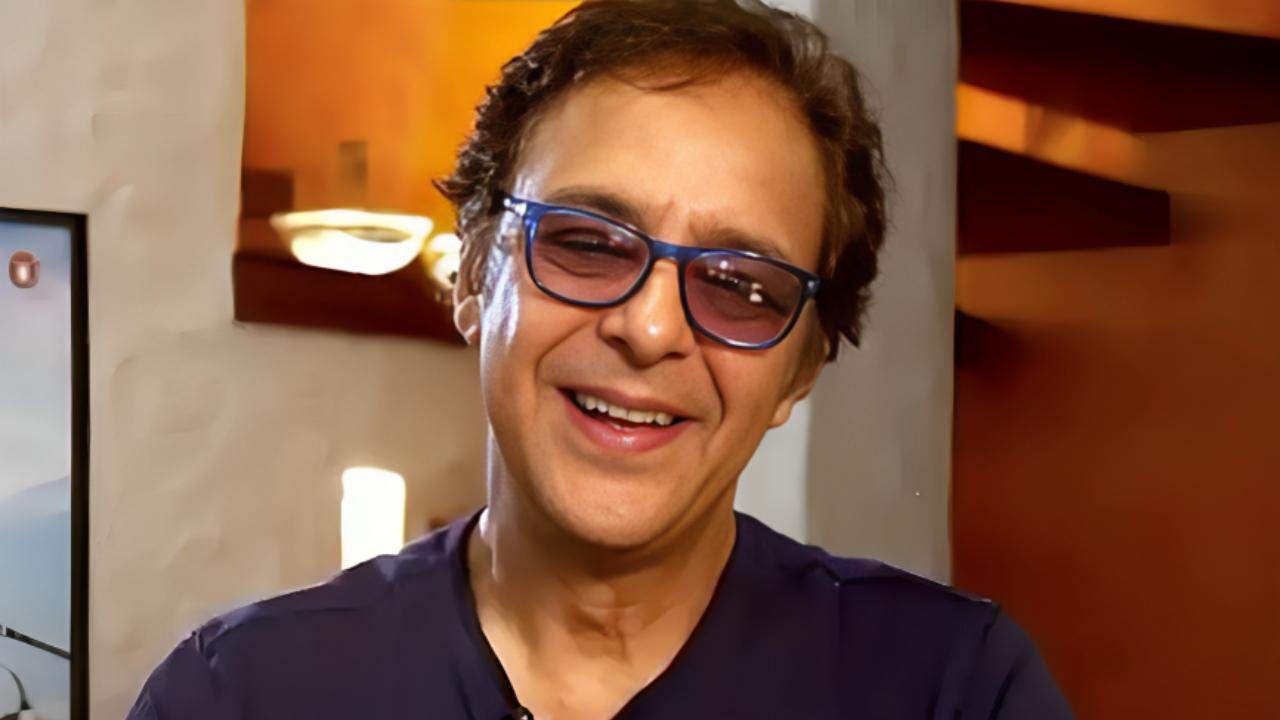
Vidhu Vinod Chopra, a renowned name in the Indian film industry, has long been celebrated for his groundbreaking work in films such as “Khamosh,” “Parinda,” “1942: A Love Story,” and “Mission Kashmir.” However, the esteemed director-producer recently revealed a pivotal, yet surprising, moment from his past which he shared at the IFP Festival. A story not just of ambition, but of determination against familial skepticism, Chopra’s journey to becoming a filmmaker was marked by a profound encounter with his father, who vehemently disapproved of his career choice.
During the IFP Festival, Chopra recounted a personal incident that etched a formative mark on his young career. He shared that when he first expressed his desire to make movies, his father, caught between parental concern and cultural expectations, slapped him. “When I told my father in Kashmir, ‘Paaji, I want to make a film,’ he slapped me and said, ‘Bhooka mar jaayega Bombay mein. Kaise rahega? (You will die of starvation, how will you survive?),’” Chopra shared. His father’s reaction reflected a common apprehension of the times—where the creative arts were seen as a risk-laden path.
Despite his father’s stern warning and financial constraints that could have deterred many, Chopra was undeterred. Unable to rely on his family’s financial resources for support, he pressed on with a determined vision. “He couldn’t afford to send me anywhere so I thought about it, I struggled, I topped Kashmir University in Economics Honours, I am First Class First, so I could get Rs 250 as a national scholarship from the Government of India, which I got,” Chopra explained. It was this scholarship that enabled him to pursue his dream at the Film and Television Institute of India (FTII).
With just Rs 250 a month, Chopra embarked on his journey into the world of filmmaking. This meager sum was what he lived on while learning the craft at FTII, a testament to his resilience and passion. In an unexpectedly humorous twist to his initial struggles, Chopra recalled his father’s reaction years later when his film was nominated for an Oscar in 1979. “I told my father, ‘Paaji, meri picture nominate ho gayi hai. (My film has been nominated).’ He said, ‘Bahut acha ho gaya beta, kitne paise milenge? (That’s great news, how much money will you get?)’,” he recounted.
. This exchange, while light-hearted, underscored the ongoing financial awareness his father maintained about Chopra’s chosen path.
Chopra’s journey has been one of talent, hard work, and fortuitous encounters. Reflecting on his time post-FTII, he mentioned the unexpected support he received from ‘farishtas’ or angels who believed in his potential and extended a helping hand. “The then I&B minister knew I was poor, so he put me on the Governing Council of film bodies,” he mentioned. This position provided him with airfare, allowing him and his then-wife Renu Saluja to make ends meet. Impressively, Chopra maintained his integrity throughout these challenging times. When advised to indulge in corruption for financial gain, he firmly stood his ground, “Once, a secretary told me, ‘Kya Vinod, paanch saal corrupt banke thode paise kama le,’ but I told him that if you turn corrupt even once in life, then it’s forever.”
Most recently, Vidhu Vinod Chopra directed “12th Fail,” a project that continues his theme of showcasing integrity and human goodness. In an interview with Mid-Day, he emphasized, “There are a handful of honest people in the world, and this world is running because of them. The goodness in the world needs to be represented more.”
Choosing the right actor to portray a personal story is critical, and for “12th Fail,” Chopra found that actor in Vikrant Massey. “When I asked him how he would play the 19-year-old, he sat on the ground in a child’s pose and started writing. We rehearsed together as a team for one year, and then shot for another year. This story is so important to me and Vikrant understood that,” Chopra expressed. Massey’s dedication and understanding of the film’s essence aligned perfectly with the filmmaker’s vision.
Vidhu Vinod Chopra’s story is not just one of cinematic success, but also of the inspiring journey of overcoming familial opposition, financial constraints, and societal expectations. It is a narrative that stands testament to perseverance, the courage to follow one’s dreams, and the unwavering belief in the transformative power of cinema.












